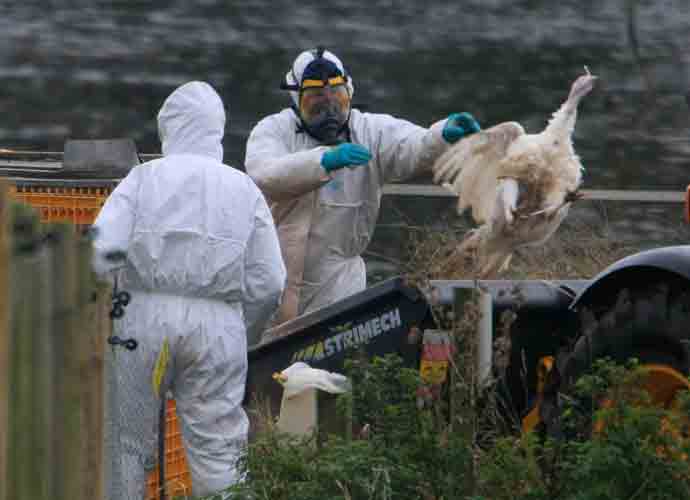1 In 5 Milk Samples From U.S. Grocery Stores Test Positive For Bird Flu As Alarm Among Scientists Grows
Animals worldwide have been infected with a bird flu strain found in dairy cattle in the United States. These include polar bears in the Arctic, European red foxes and penguins in Antarctica. Recently, a farm worker in the U.S. was infected with the H5N1 bird flu virus in the first recorded case of mammal-to-human transmission.
The Food and Drug Administration announced that samples of pasteurized milk taken from grocery stores had tested positive for the genetic material that makes up bird flu, also known as H5N1. The FDA reported that one in five milk samples in the U.S. showed traces of the virus. Samples from regions with infected herds were more likely to have traces of the virus.
The FDA says that pasteurized milk is still safe to drink as pathogens would be killed in the process. However, unpasteurized milk has been shown to have live H5N1 viruses.
According to the Centers for Disease Control, avian influenza or bird flu, is a disease found in wild aquatic birds. The disease can infect domestic animals, such as cattle and other poultry. It is rarely seen in humans, but there have been cases like the recent dairy cattle farmer.
Data from the U.S. Department of Agriculture show that a concentration of bird flu cases comes from red foxes on the East Coast and Canadian border, though the disease is still spread nationwide.
Bird flu outbreaks increased globally in 2020, leading to the deaths of mammals in Chile, Russia, Peru and other countries. Though one person was infected, the CDC says the general public is at a low risk of infection. However, certain stains of H5N1 have been noted for a 52% mortality rate in humans.
Researchers have found bird flu spreading through farm cows within the same herd, though how is still a question. Generally, wild animals are believed to contract the disease by eating infected birds.
Researchers and scientists are tracking the outbreaks to better understand how the disease spreads and to take preventative measures. Officials worry about the potential for new mutations and the possibility of human-to-human transmissions.
RELATED ARTICLES
Get the most-revealing celebrity conversations with the uInterview podcast!






Leave a comment